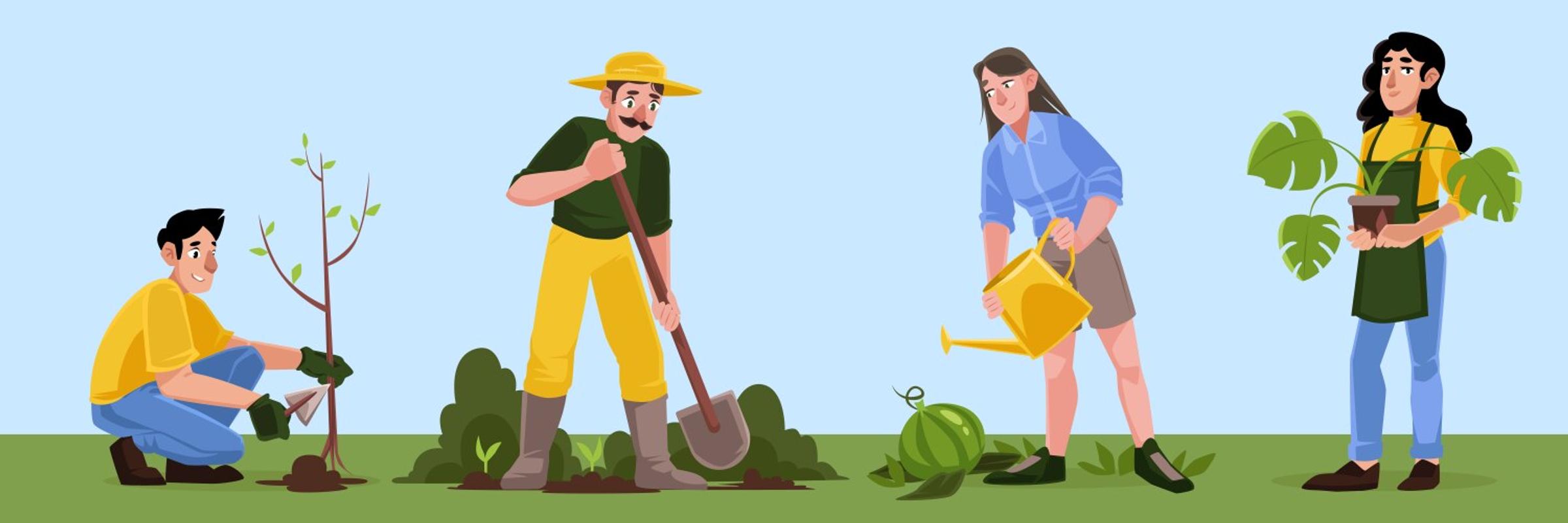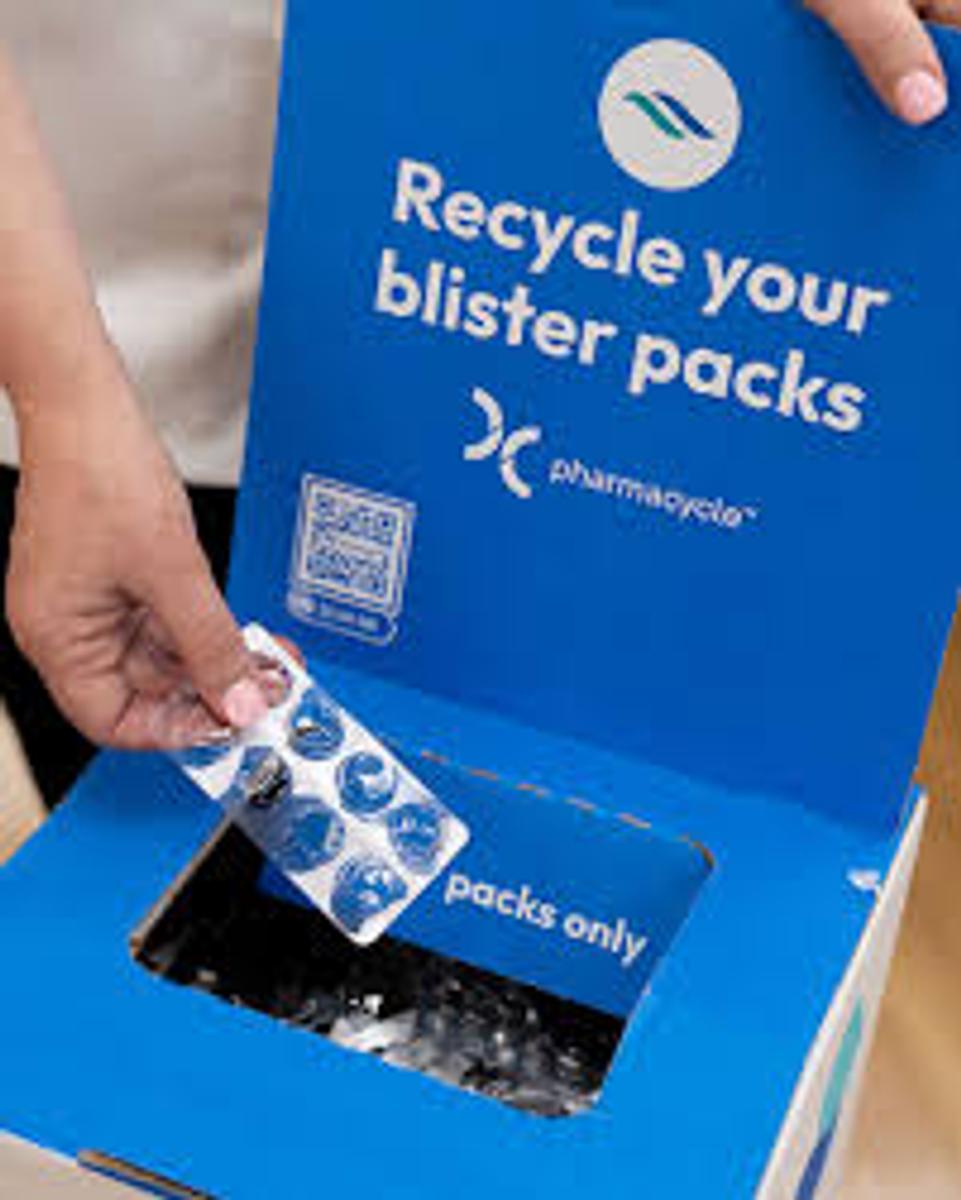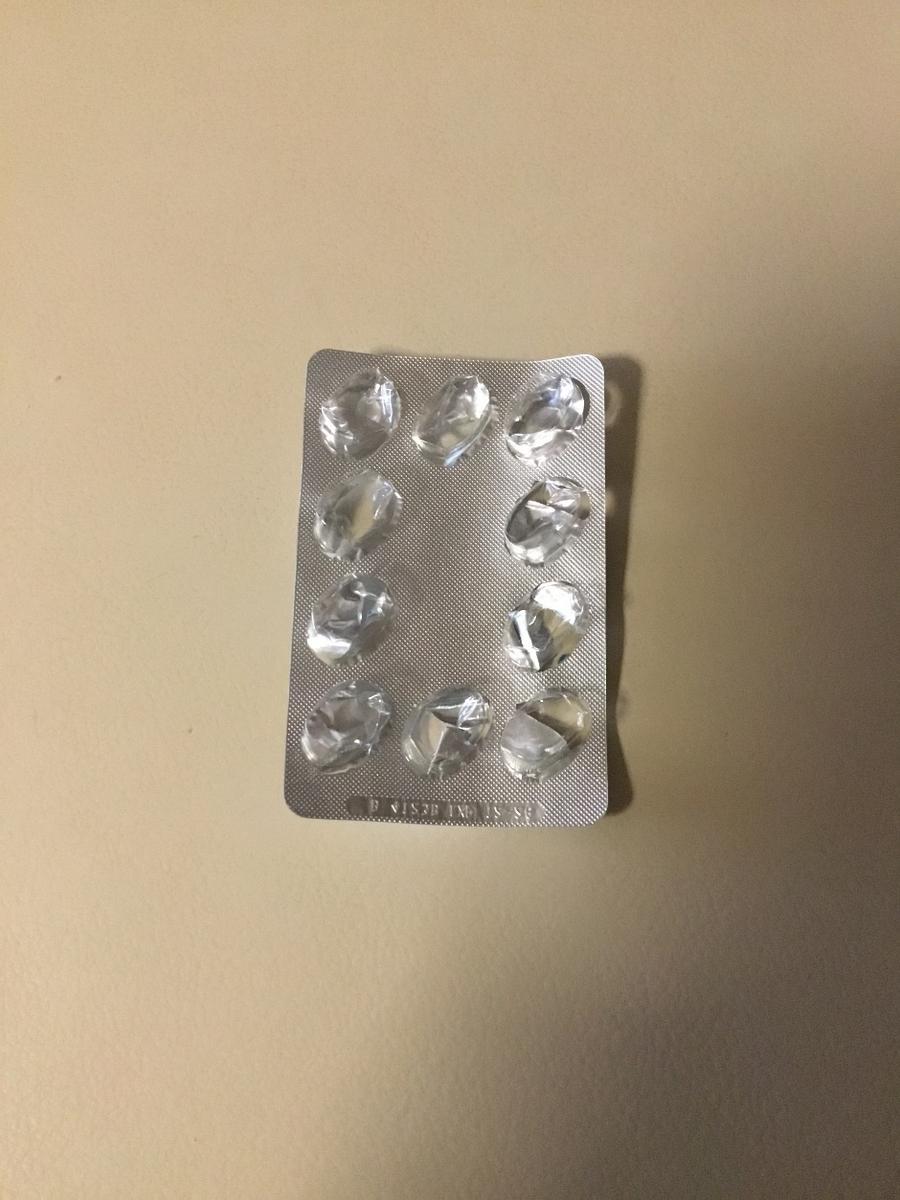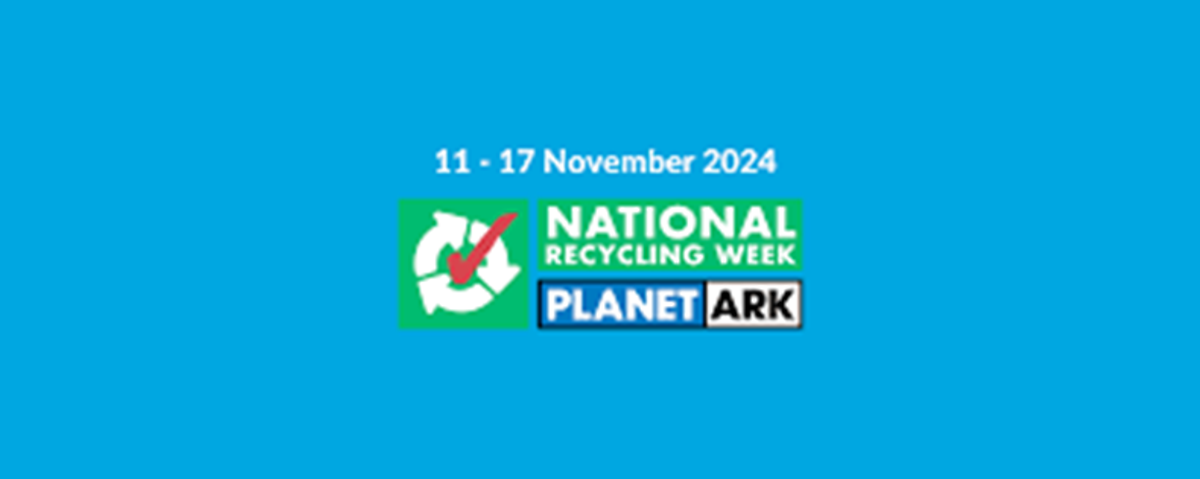Sustainability

NEW RECYCLING SERVICE FOR BLISTER PACKS
Blister packs (the packaging that pills and tablets come in) contain aluminum and plastic. It cannot go into kerbside recycling because it contains materials that must be separated.
Pharma cycle is a company that is working with Blooms the chemist and Chemist Warehouse on a recycling program. Instead of the blister packs ending up in landfill now you can look for the recycling bin at the chemist.
Bins are emptied monthly. The used packets go to a specialist recycling facility for the materials are separated to make new products. Aluminum is shredded into small pieces before being melted into flakes, pellets, and powder. This new aluminum product is sold to manufacturing companies to make new products such as outdoor furniture and plastic shipping pallets.
Aluminum is a metal mined from the ground. Instead of depleting it recycling aluminum over and over reduces energy by up to 95 per cent. (sighted from Planet Ark)
Action: Our Pathways Sustainability students have learned about the products used to make blister packs and the new recycling methods and have decided as a group to set up a box for recycling our blister packs in the school sick bay. The box will be in the sick bay to collect used blister packs and regularly emptied to a recycling box at Chemist Warehouse.
Next time you visit your local chemist find out if they are recycling blister packs.
-------------------------------------------------------------------------------------------------------------------------------------
Naranga is continuing recycling practices every day. The challenge to students and staff are to recycle three different items in the classroom and at home. Naranga recycles blister packs, food scraps, paper, printer cartridges, coffee pods, tea bags, batteries, and bread tags. Unfortunately, the Lids for Kids program has come to an end and we are no longer collecting plastic lids. Let us all start recycling for a healthier world.



